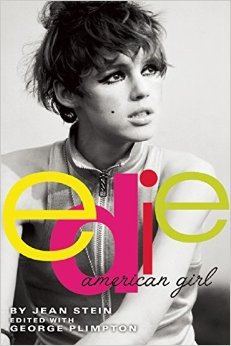Reforming the Racist Criminal Justice System
Throughout the Democratic primaries, police brutality and systematic discrimination in the criminal justice system have become critical campaign issues, due in large part to the unrelenting pressure placed on candidates by activists involved in Black Lives Matter and other social movements. Criminal-justice reform, with an emphasis on abolishing racial inequality, now occupies a central place in the 2016 Democratic Party Platform.
The party’s criminal-justice-reform agenda is outlined under a section of the platform entitled "Bring Americans Together and Remove Barriers to Opportunity" and











